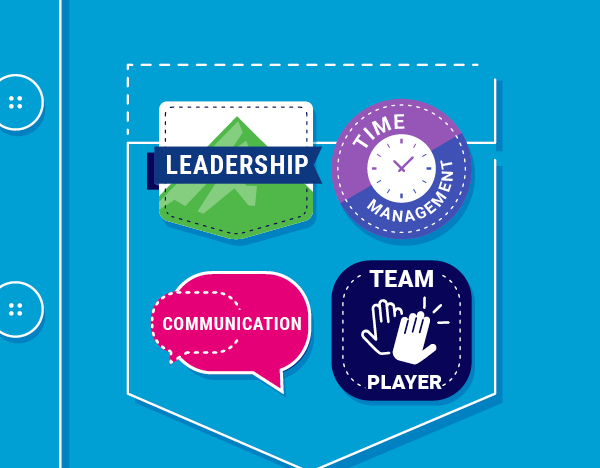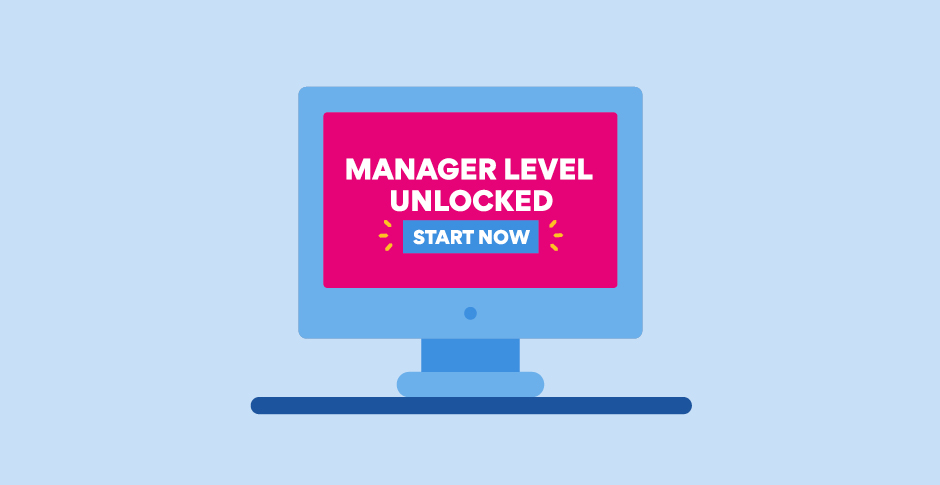Performance review time. It’s a phrase that might make you groan or even feel a slight sense of dread. But depending on how you approach them, performance reviews can be incredibly useful in improving your day-to-day work and helping you grow your career – and your salary.
If you’re coming up to a formal performance review, or just a conversation with your manager, you can get the most out of it by preparing.
Here a simple guide to preparing for your next performance conversation.
What’s the point of a performance review?
A performance review lets your boss or manager tell you how you’re performing in your role, and give their input on your work, strengths and weaknesses.
But a performance review should be a two-way conversation. It’s also your opportunity to reflect, create and discuss goals, and get recognition for your work. It’s a chance to get valuable feedback, and for many people it’s also a time to aim for a pay rise or promotion.
Every workplace will have a different performance review process. Many workplaces, especially larger organisations, will have a more structured process with a set timeframe – often annually. Other workplaces might not have formal performance reviews. But these same steps can help you for any conversations with your boss or manager about your role.
Steps to preparing for your performance review
- Get clear on the process. If you’re in a workplace with a structured annual review period, get information from your manager or HR team on how this works, such as the criteria you’re assessed by. If your workplace reviews are more informal, ask your manager how they’d like you to prepare. If your workplace doesn’t have performance reviews but you’d like a similar conversation, ask your boss or manager if you can make a time to check in on your work and get feedback from them.
- Check in with yourself and your achievements. Take the time to look over what your goals and deliverables were the last time you had a review or check in. Then consider how you’ve tracked on these and find examples you can share.
- Consider your boss or manager. Do you know what matters to your boss? What does your manager need most from you in your role? Knowing what’s important to them can help you frame the conversation in a meaningful way.
- Think about what’s expected of you. What does great performance look like for your role or workplace? How have you contributed or added value? Can you show ways you’ve made things more efficient, or gone above and beyond? Again, examples are key. If you can prove your contribution and the value that you’ve brought to the business, you’ll have a better case for a pay rise.
- Know what you want. Consider what you want to get from the conversation. Are you seeking feedback on anything in particular? Do you need support in setting new goals? Perhaps you’re aiming for more responsibility, a pay rise, or a promotion? It’s useful to have your own realistic objectives for the performance review, and be ready to talk about them.
How to follow on from your performance review
Make time for a follow-up meeting.
It’s natural that you might reflect on what was discussed in your review and have more questions. Or perhaps you want to keep the momentum going. You could ask for a check-in, perhaps a couple of weeks later, to follow up and make sure you and your manager are on the same page.
“You may want to confirm or clarify that your understanding of the take-outs from the performance review are aligned,” says Alexandra Taylor, Chief People Officer, Business, Private & Personal Banking at NAB. “The follow-up meeting is a good opportunity to create that alignment.” Taylor recommends that the catch-up is done face to face if possible.
Focus on goals.
If you don’t have clear goals with timelines, or if goals weren’t discussed during your review, you may need to get this going yourself.
“Having goals to meet is the best way to avoid surprises regarding your own performance,” Taylor says. “Good goal setting underpins good career growth and development.” Develop some goals for yourself and present them to your manager. Make sure they’re SMART goals, that is: specific, measurable, achievable, realistic and time-based.
Keep it ongoing.
Continuous feedback will help you grow in your career. Many employers and employees find that also having regular, informal check-ins is a better way to communicate on performance than an annual review alone. See if you can talk regularly with your manager about your goals and performance, for example, as a regular topic in one-on-one meetings.
If that’s not possible, you might instead prompt your boss for on-the-go feedback, Taylor says. “Ask: ‘are there any actions to be aware of to build into my performance next time’.” Making it about specific work can also be useful, for example, ‘did you have any feedback for me on that project I just completed?’
Performance reviews can sometimes feel like a bit of a chore. But it’s useful to think of them as a stepping stone to where you want to be. Aim to make the most from the conversation by using it to gain feedback and set goals that will help you grow. By preparing for your review – and following up with regular feedback – you’ll be on track to being more satisfied and successful in your work.




